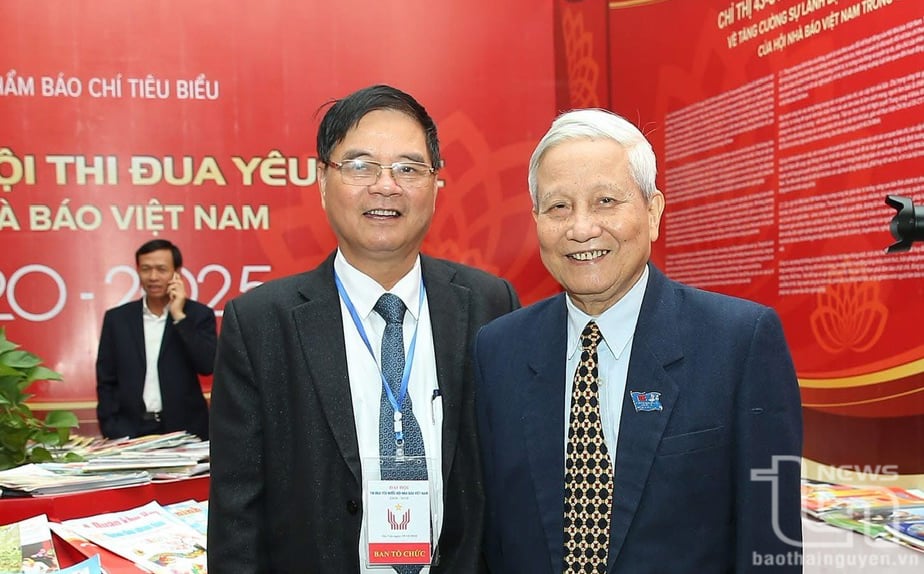 |
| Author Huu Minh (left) and journalist Ha Dang. |
- Sir, we are celebrating 100 years of Revolutionary Journalism. The press public hopes to hear you talk about your profession again?
Journalist Ha Dang: I was born in 1929, in Binh Kien commune, Tuy Hoa city, Phu Yen province - a locality with a tradition of patriotism. Many elderly people in Tuy Hoa still remember and often talk about a family of revolutionary journalists - the family of Mr. Dang Mat - my father, with seven members who were all journalists. I think that is also the common pride of our family and journalism profession.
Ha Dang is my pen name, Dang Ha is my “old” name. The August Revolution in 1945 succeeded, then 2 long resistance wars, among 7 journalists, descendants of Mr. Mat, there were 2 great journalists who became famous and famous throughout the country. They were journalist Dang Minh Phuong, the second son of Mr. Mat and the third son was Dang Ha, also known as Ha Dang, former Head of the Central Ideology and Culture Department, former Editor-in-Chief of Nhan Dan Newspaper.
- What brought you to journalism? Was it talent, passion or assignment from the organization?
Journalist Ha Dang: In 1947, I turned 18 years old, that year three joys came at the same time: I was admitted to the Communist Party, was appointed as Head of the Commune Propaganda Department, and had my first article published in Phan Dau Newspaper (Phu Yen Province newspaper). Those three joys were the first signs that my life would be attached to the propaganda and journalism professions later on.
In 1950, I entered journalism, working as the Editorial Secretary of the Southern Magazine, the agency of the Cultural Salvation Committee of the South Central Coast. In 1951, I was a reporter for the Lien Khu 5 Literature and Arts Newspaper. In 1952, I was an editor for Nhan Dan Newspaper in Zone 5. And in 1955, after regrouping to the North, I was a reporter for Nhan Dan Newspaper, working in the Rural Department... So there was both fate and assignment. During those years, journalism was very important. Journalism was a propaganda weapon for the revolution.
- Nowadays, young people often use the word "memory". In this conversation, could you please tell us a few "unforgettable" journalism stories?
Journalist Ha Dang: During a business trip to Quang Binh , I discovered and wrote the report “Three times catching up with the middle peasants” published in Nhan Dan Newspaper on January 9, 1961. Comrade Vu Ky, Secretary of Uncle Ho called and said: You have read the article! The article is good! He also said that we should write another article for Nhan Dan Newspaper about this cooperative.
In the morning issue of January 11, 1961, the newspaper published an article: "A model cooperative", which was the model of the once famous Dai Phong Cooperative, which multiplied into a widespread learning movement throughout the North...
Or when I was assigned to monitor and report on the Paris Conference, I thought back on the many challenges I had overcome. For example, writing a speech during the negotiations for the leaders of our negotiating delegation at the Paris Conference was difficult. Because the article had to go through many drafts, many levels of revision and approval, it was very hard. A negotiation article was brought up for collective discussion, each person had their own opinion.
I met with the Head of the delegation, Minister Xuan Thuy, to propose a change in the writing process. As a seasoned journalist, Xuan Thuy read the following poem: “The literary profession is just like that/Writing and rewriting is still not enough/The person who assigned me to write: I am a saint/I wrote, but the person who criticized me was the worst in the world”.
The Paris negotiations lasted almost five years. There were 160 sessions, which means 160 prepared speeches. I don’t remember how many I wrote, but it was certainly more than half…
- Sir! I recorded the opinion of veteran journalist, former Editor-in-Chief of Nhan Dan Newspaper Nguyen Hong Vinh about you. May I quote it?
Journalist Ha Dang: Interesting. 100 years of journalism!
“With nearly 80 years of journalism, ideological leadership, and journalism, journalist Ha Dang has made his name in many highlights: Reflecting with in-depth investigative reports on agriculture and rural areas; writing sharp, fiery political and editorial comments; writing praises or fair criticism. Editorials serving the Mau Than General Offensive in 1968, “The whole South is rushing forward with great momentum”, or “The whole people stand up, everywhere rise up”. The article “The new myth of the Huong River”… Or when assigned to follow and reflect on the Paris Conference, the journalist overcame many challenges… In 2006, journalist Ha Dang published a book called: “The newness of innovation”. The talent of a journalist is to grasp the guidelines, grasp the situation combined with practical experience, and select aspects to write about. That is why the titles: “The country 30 years of innovation”, “Spring Day, discussing the word Early”, “Uncle Ho, "Party, Nation and Spring" is always in the hearts of readers...".
- Sir, in the era of the country's development, please give some advice to the young generation of journalists. Furthermore, the administrative boundaries have also changed, your homeland has both sea and forest. How do you feel about this?
Journalist Ha Dang: I am fortunate to be a member of the National Journalism Awards Final Jury for many years, so I have an advantage in staying updated. Journalism in the technology era has many advantages, but it can never replace human intelligence, thinking ability, expression, and discovery. If you want to write correctly, accurately, and well, you have to be present in life.
We went to the resistance war, went to the revolution with the only hope: “Our sky, our land, our homeland is home everywhere”. During the resistance war, we went to the Central Highlands to write for the press, lived with our compatriots: “Eating the gắm fruit, I miss the coconut fruit so much? Bathing in the clear stream, I miss the vast blue sea”… Darlak is pronounced in the Ede language as water (Dar), a big lake (Lak). Adding Phu and Yen will only make things more beautiful and rich… So happy!
Away from home for nearly eighty years. Living, working and writing to serve my homeland and country. I always think of myself as the sugarcane tree in Tuy Hoa, my hometown, with a big trunk, long internodes, growing straight and always giving sweet honey to life.
Source: https://baothainguyen.vn/xa-hoi/202506/nha-bao-dai-thu-ha-dang-va-cau-chuyen-nghe-c8725fa/








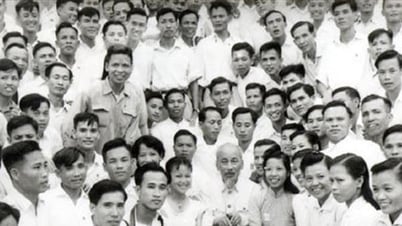

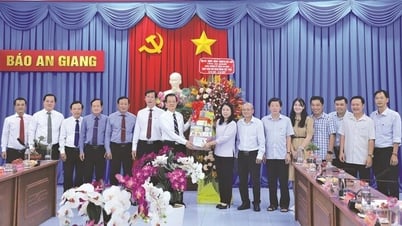




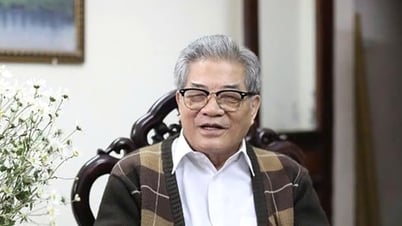



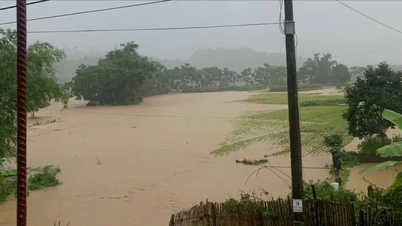

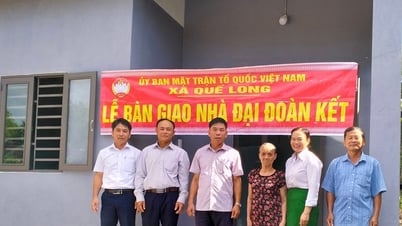

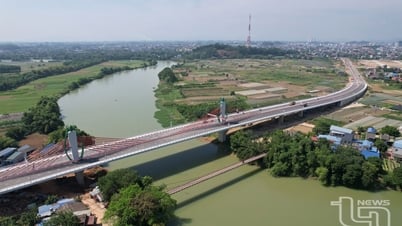




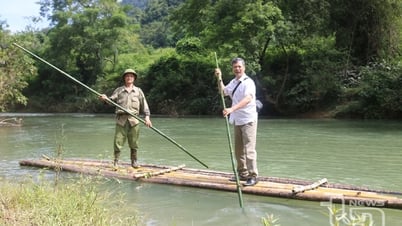
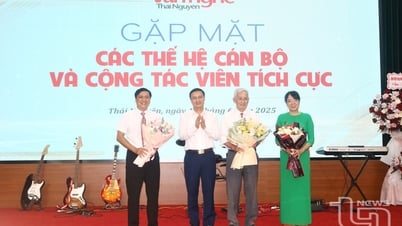

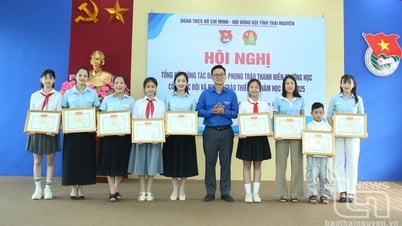
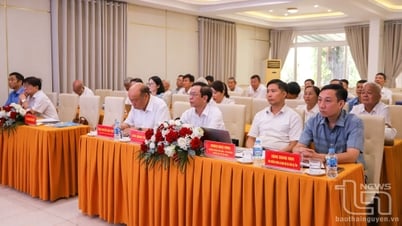
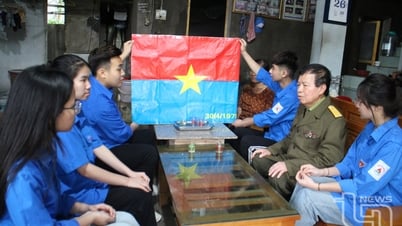












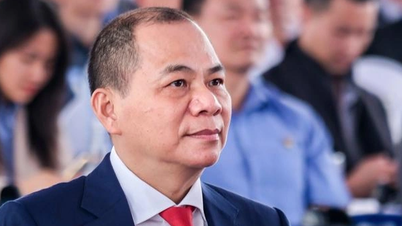

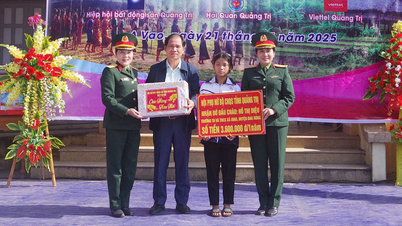





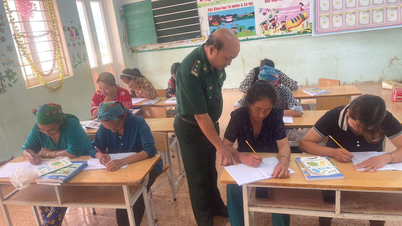





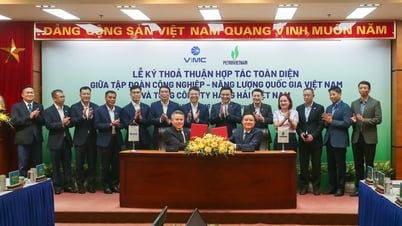
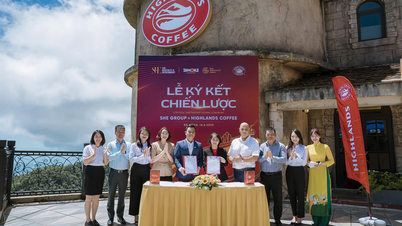


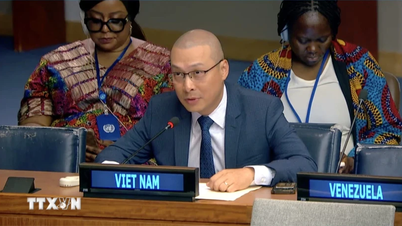



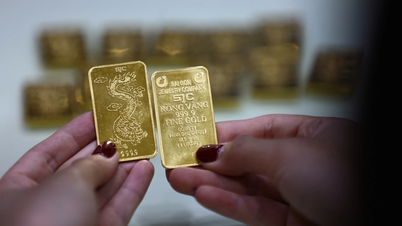
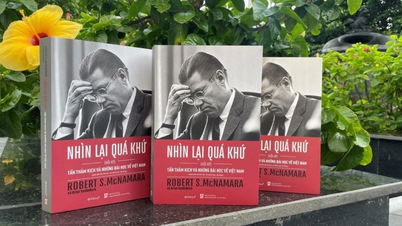

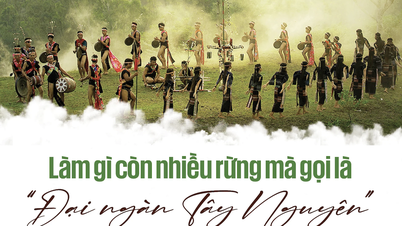









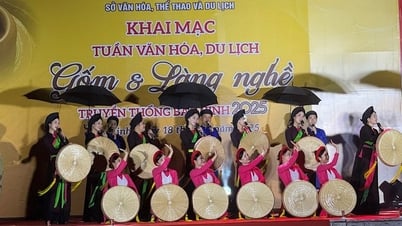

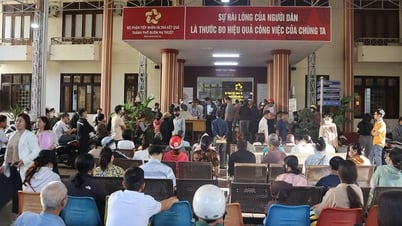

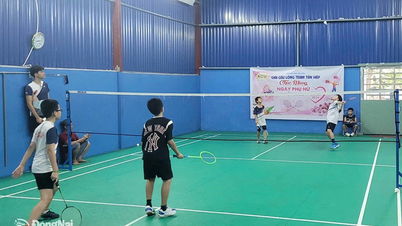



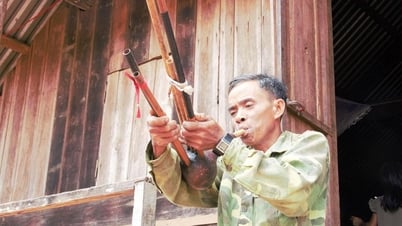
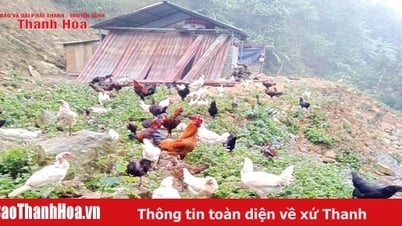











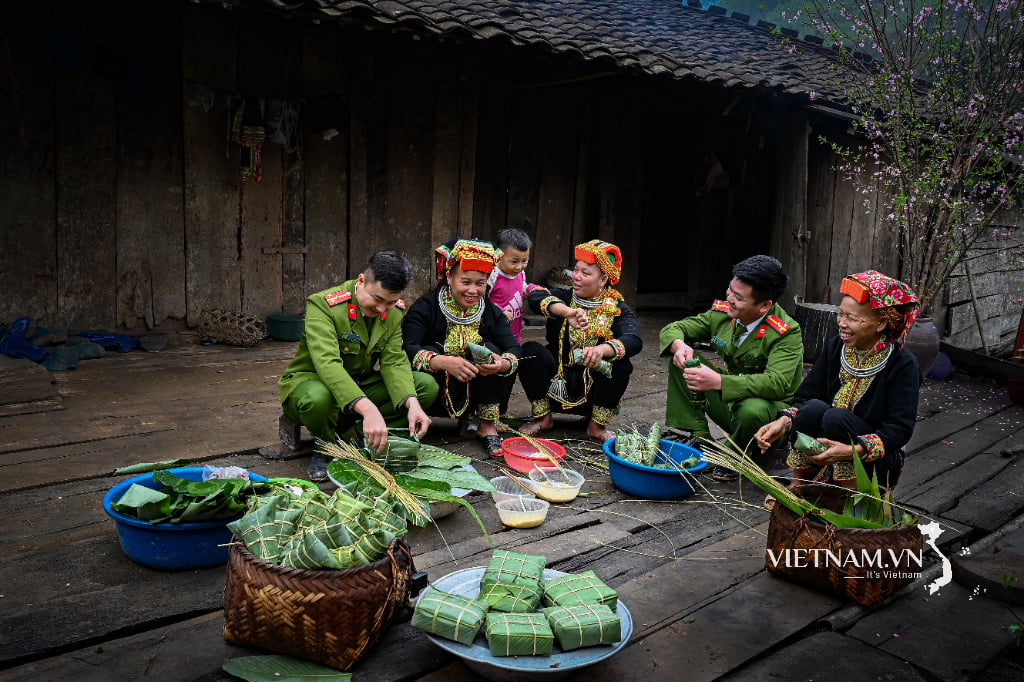
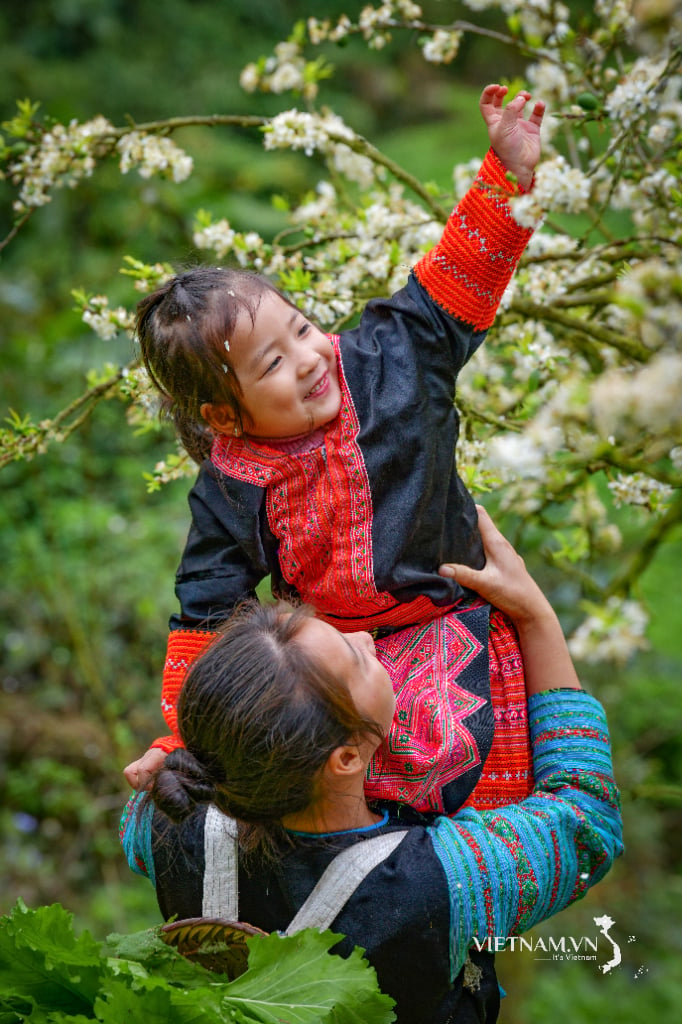
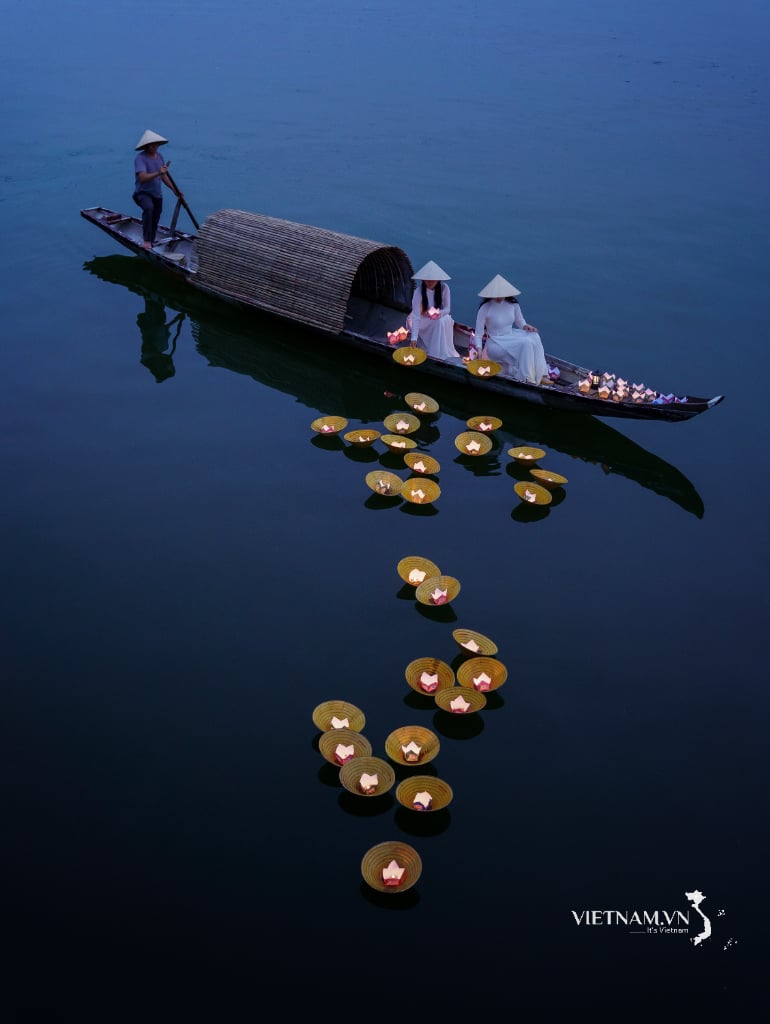
Comment (0)